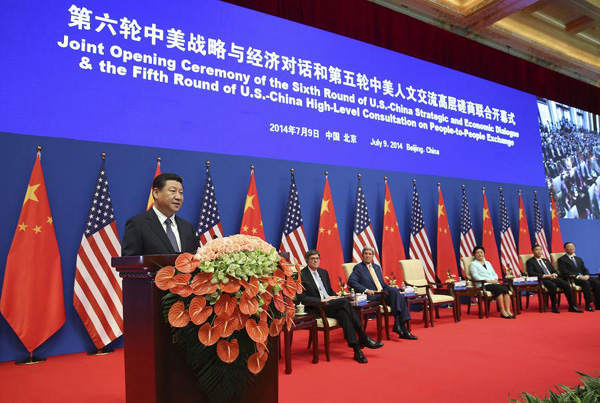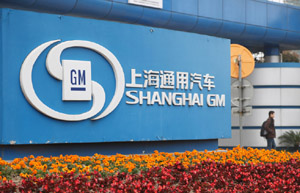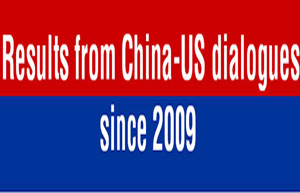 |
|
Chinese President Xi Jinping addresses the joint opening ceremony of the Sixth Round of China-US Strategic and Economic Dialogue and the Fifth Round of China-US High-Level Consultation on People-to-People Exchange in Beijing, capital of China, July 9, 2014. [Photo/Xinhua] |
BEIJING - An annual high-profile meeting between China and the United States, which kicked off Wednesday in Beijing, offers a great opportunity for the two sides to further tear down the barriers to their economic cooperation.
At the sixth China-US Strategic and Economic Dialogue (S&ED), the two countries are particularly likely to make strides in their negotiations on the Bilateral Investment Treaty (BIT). Such progress will be in the interest of both sides.
To facilitate early signing of the treaty, which was initiated about six year ago, the two largest economies in the world should make concerted efforts to further remove stumbling blocks in front of their two-way investment. While the US side wants to see China keep its "negative list" - which details sectors barring US investment -- as short as possible, Beijing has urged Washington to narrow its national security reviews on Chinese investment.
For years, the examinations undertaken by a US Treasury-led panel on the national security implications of foreign investment have been the biggest concern for Chinese companies eyeing the US market. Some of them, from China's stated-owned oil giant CNOOC, to the Ralls Corp, a US-based company owned by executives of China's Sany Group, have seen their acquisition or merger attempts blocked by censors on grounds of "posing threat" to US national security.
As a striking case, China's tech giant Huawei, which is expanding businesses worldwide, has been accused of being a "spy for China" and denied access to the US market. Undeniably, a government is fully justified in saying no to foreign investment out of national security concerns. Yet such a mechanism should not be exploited or abused as protectionism in disguise, or used as a political weapon against another country.
Behind the predicament Chinese investors are facing in America are the ups and downs of the China-US relationship. In an increasingly inter-dependent world, China and the United States, despite differences and disagreements, are friends rather than enemies, partners rather than rivals, and they are in need of each other both politically and economically.
Within such context, it is high time for Washington to cast away the uncalled-for worries and uneasiness over the rise of the Chinese economy and embrace the opportunities brought by the influx of Chinese investment.
To live up to its name as the most open market in the world, the United States should take immediate actions to improve its national security review system. For starters, it needs to give a clear definition of "national security" and make the process of the review more transparent to the public.
|
 |
 |
| Top 10 US companies in China | Results from China-US dialogues since 2009 |
